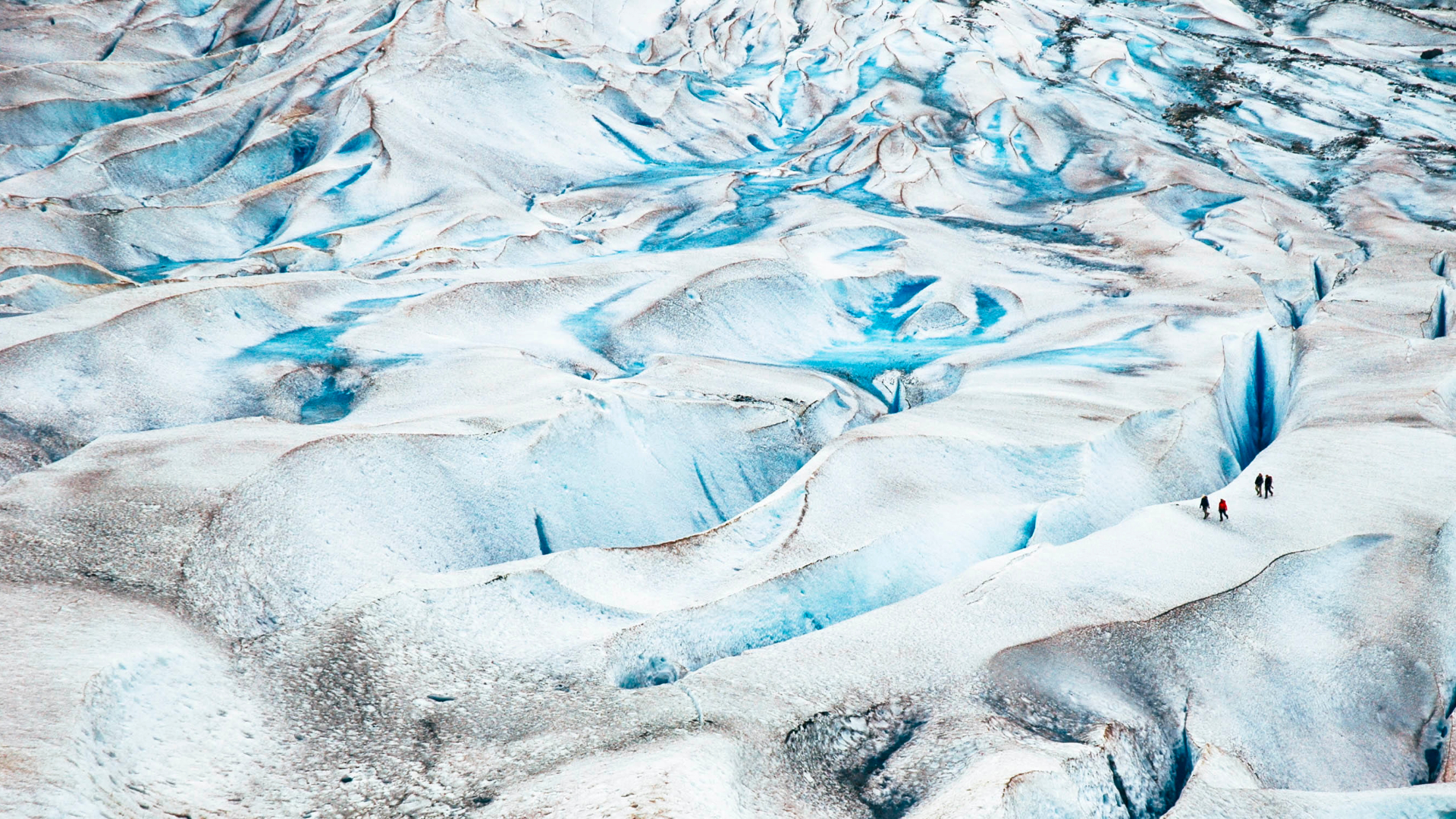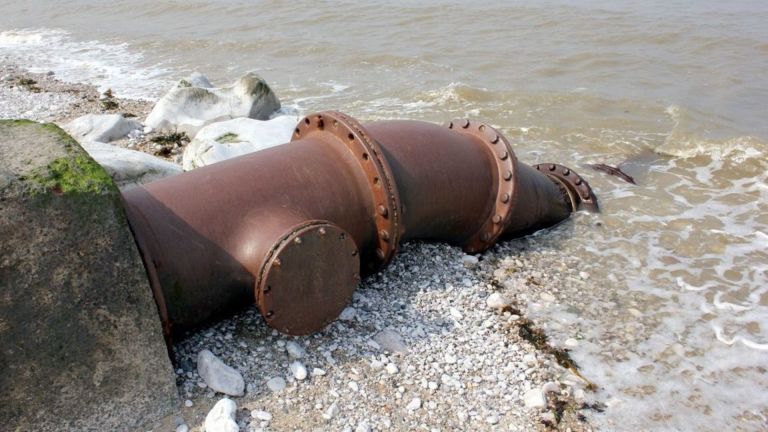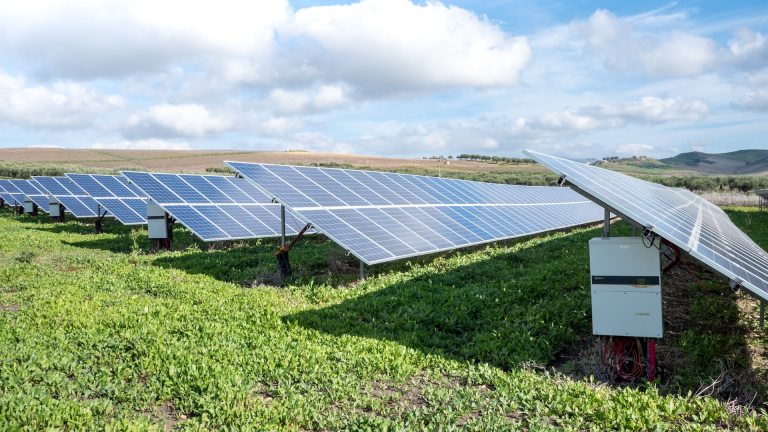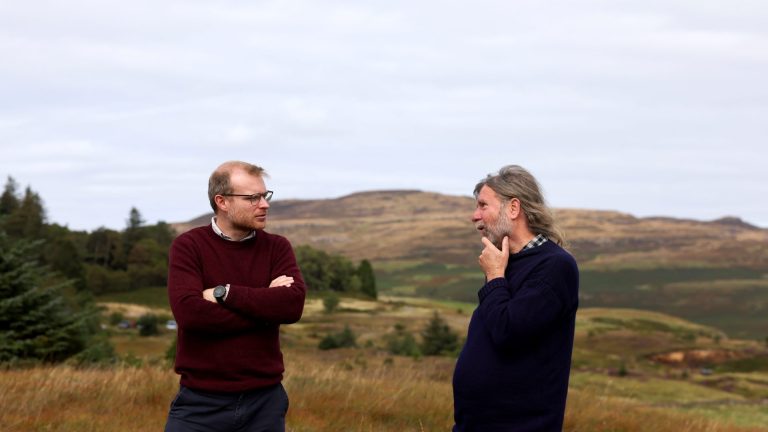The impact humans are having on the planet, the scientists added, is leading to changes in the way the Earth’s mass is distributed, causing the planet’s poles to move.
They explained that while glacial losses were mostly responsible for the shift, the pumping up of groundwater for drinking or agriculture had also contributed to the movements.
When humans burn fossil fuels, greenhouse gases such as carbon dioxide are released. This traps heat in the earth’s atmosphere causing global warming and causes glaciers to melt.
Exports have long warned rising temperatures caused by the climate crisis could lead to extreme weather events and put coastal communities and wildlife at risk.
According to the WWF, glaciers are important as ice acts like a protective cover over the Earth and our oceans.
“These bright white spots reflect excess heat back into space and keep the planet cooler,” the environmental organisation’s website says.
Advertising helps fund Big Issue’s mission to end poverty
“Today, about 10 per cent of land area on Earth is covered with glacial ice. Almost 90 per cent is in Antarctica, while the remaining 10 per cent is in the Greenland ice cap.
“Rapid glacial melt in Antarctica and Greenland also influences ocean currents, as massive amounts of very cold glacial-melt water entering warmer ocean waters is slowing ocean currents. And as ice on land melts, sea levels will continue to rise.”
Politicians at home and abroad are making bold promises on tackling the climate crisis. This week global heads met for the virtual Leaders Summit on Climate and in November they are due to meet in person at the COP26 environmental conference in Glasgow.
Boris Johnson has committed the UK to slashing carbon emissions by 78 per cent by 2035 when compared to 1990 levels and resident Joe Biden has said the US will half emissions by 2030.
Announcing the country’s ambitious target, the UK prime minister said: “We want to continue to raise the bar on tackling climate change, and that’s why we’re setting the most ambitious target to cut emissions in the world.
Advertising helps fund Big Issue’s mission to end poverty
“The UK will be home to pioneering businesses, new technologies and green innovation as we make progress to net-zero emissions, laying the foundations for decades of economic growth in a way that creates thousands of jobs.
“We want to see world leaders follow our lead and match our ambition in the run-up to the crucial climate summit COP26, as we will only build back greener and protect our planet if we come together to take action.”










